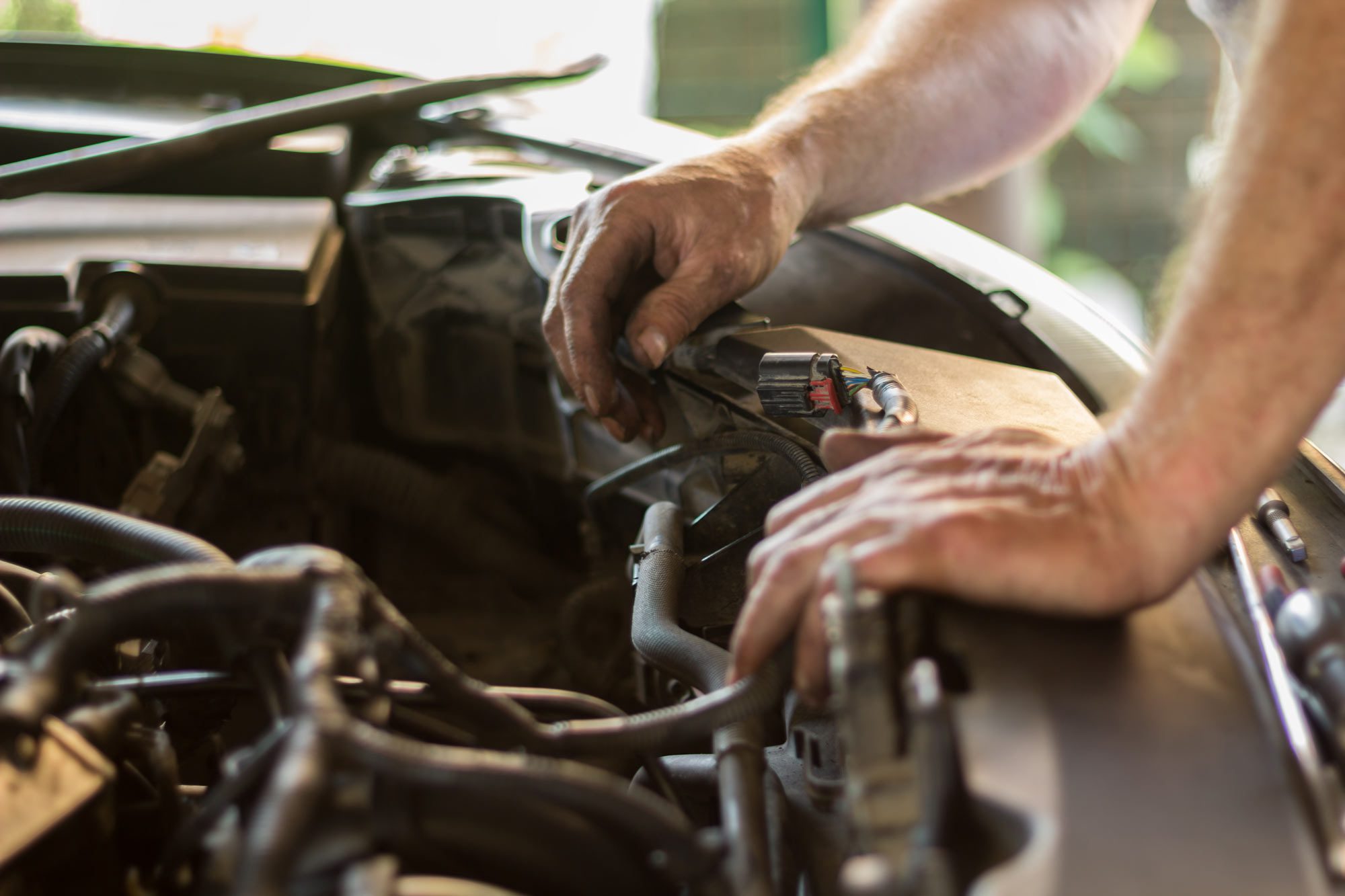Leading Tips for Inspecting Used Engines for Sale Prior To Buying
Important Considerations for Making Sure Top Quality and Long Life in Used Engines
When thinking about the purchase of a made use of engine, ensuring its quality and longevity requires a complex approach. Maintenance history is a crucial element, as it gives insight into the engine's past care and possible future dependability. Efficiency screening is additionally crucial, offering a picture of the engine's functional effectiveness.
Engine History Examination
In the world of utilized engines, a thorough engine history assessment is extremely important to making sure quality and reliability. Comprehending an engine's past can provide crucial insights into its efficiency capabilities and prospective future long life.
In addition, assessing any kind of history of repair services or substitutes is essential. Engines that have actually undertaken substantial fixings might have underlying concerns that can resurface. Recognizing the context of such fixings, whether because of making issues or proprietor neglect, is critical in creating a comprehensive examination. Checking out the engine's gas mileage can serve as an indicator of wear and tear. Reduced mileage engines are typically preferred, yet it is likewise important to consider just how those miles were gathered. An engine utilized mainly for long-distance highway driving may remain in better condition than one based on frequent stop-and-go city traffic.
In essence, an extensive investigation right into an engine's history is crucial for making enlightened purchasing choices. used engines for sale.
Comprehensive Evaluation Overview
While understanding an engine's background offers beneficial context, an extensive examination is the next action to ensure its existing condition lines up with historic data. The examination needs to begin with a visual analysis, examining for signs of leakages, corrosion, and uncommon wear. Evaluate the exterior for oil stains or coolant marks, which might show underlying issues.
Following, review the engine's mounting system for any kind of loose bolts or problems that can affect efficiency. Pay attention to the problem of belts and hoses, as these elements are essential for optimal engine capability. Take a look at for splits, fraying, or any kind of signs of degeneration.

Recognizing Deterioration
Acknowledging indications of wear and tear is important for analyzing an utilized engine's longevity and integrity. It involves a meticulous examination of different engine elements to determine their present state and prospective future performance. Usual signs include noticeable corrosion, which can affect metal components and compromise architectural integrity. Corrosion on or around the engine block, cylinder heads, and exhaust manifolds is particularly worrying.
An additional vital facet is inspecting the engine's seals and gaskets. In addition, abnormal noises during engine operation, such as knocking review or ticking noises, might indicate internal damage or excessive wear on moving parts like pistons or bearings.
The condition of belts and hoses is similarly essential, as they play a crucial duty in the engine's total function. Split or torn belts and breakable pipes are indicators old that can result in engine failure if overlooked. Analyzing the oil condition and filter can provide understandings into previous maintenance practices, as dirty oil or clogged filters recommend forget and sped up wear.
Performance Testing Essentials
Assessing the wear and tear of engine components sets the phase for a detailed evaluation through performance screening. Efficiency screening acts as an important step in identifying the operational integrity of an utilized engine. By imitating real-world conditions, it analyzes the engine's capability to deliver power successfully and accurately. Key metrics consist of horse power, torque, fuel effectiveness, and exhausts levels. This information gives important understandings into the engine's current efficiency and helps recognize prospective concerns that might not be quickly visible.
Utilizing dynamometers is an usual method in efficiency screening. These devices gauge the engine's outcome across numerous conditions, offering an in-depth account of its capability. Furthermore, on-road screening matches dynamometer assessments by observing engine habits under regular driving situations, guaranteeing it meets the needed criteria for both safety and efficiency.
Advanced diagnostic devices better enhance the ability to identify underlying concerns. These devices evaluate engine administration systems, recognizing mistakes in digital elements that might affect performance. Comprehensive testing not only confirms the engine's operational standing however likewise help in projecting future upkeep demands. This guarantees the made use of engine can deliver trusted efficiency over an extended period, thus maximizing its worth and life span.
Maintenance and Treatment Tips
Correct upkeep and treatment are important to extending the life expectancy of an utilized engine and ensuring its consistent performance. Normal oil adjustments are critical; utilizing the manufacturer's suggested oil type and grade can protect against too much deterioration. In addition, oil filters must be replaced concurrently to keep optimal lubrication and cleanliness within the engine.
Keeping track of liquid degrees, including coolant, transmission liquid, and brake liquid, is vital. Ensuring these liquids are at appropriate degrees helps stop getting too hot and other mechanical concerns. Checking belts and hose pipes for indicators of wear, such as cracks or fraying, can avert possible failures that might result in pricey repair work.
Routine examination of the air filter is also necessary, as a clean filter makes sure effective air movement and combustion, thereby enhancing engine performance. Ignition system should be inspected and replaced when needed to keep effective gas combustion and prevent engine misfires.
Last but not least, regular diagnostic checks utilizing professional tools can recognize potential issues before they become substantial problems. By adhering to these maintenance and treatment pointers, utilized engine More Help owners can ensure their engines remain reliable, effective, and qualified of carrying out more more information than a prolonged duration.
Final Thought
